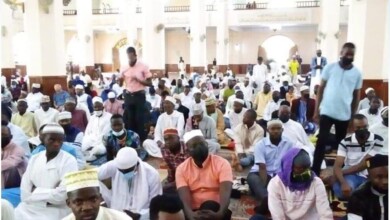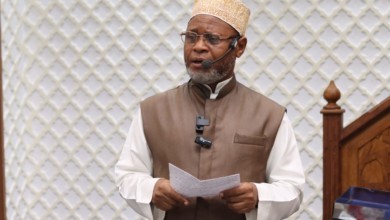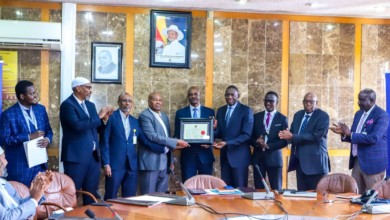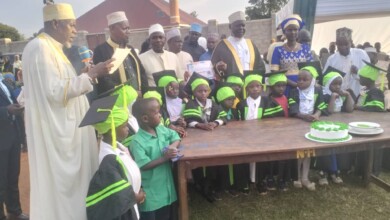Local contexts are key in issuance of Fatwa, Muslim scholars told
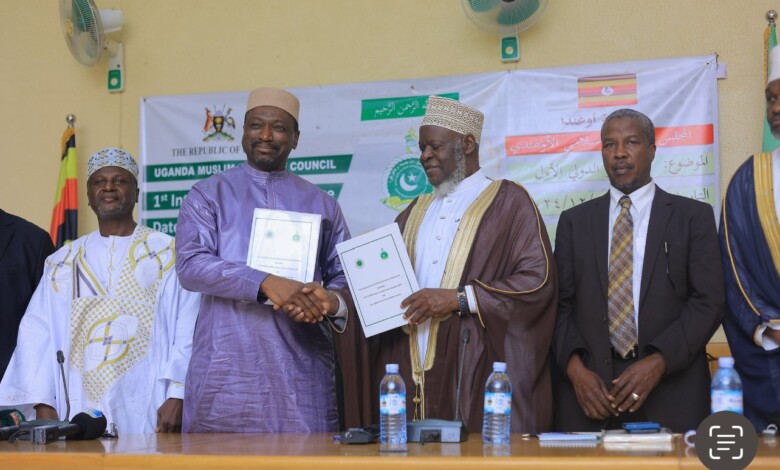
By Ahmed Idriss
At the inaugural international conference on Islamic jurisprudence, held in Kampala under the auspices of the Uganda Muslim Supreme Council (UMSC), Muslim clerics were urged to prioritise issuing religious opinions and guidance (Fatwa) taking into account the local contexts of their communities.
In his keynote address, Prof Koutoub Moustapha Sano, secretary-general of the International Fiqh Academy, underscored the importance of Fatwa rulings which reflect local realities.
Koutoub cautioned the scholars against adopting foreign rulings without consideration for local conditions, stating that locally produced Fatwa has a far-reaching impact.
“A locally produced Fatwa has a profound impact, which is the goal,” he said.
Drawing an analogy with medicine, Koutoub stressed that just as medical treatments are adapted to specific ailments, Fatwa must address the unique needs of the community it serves.
He also urged scholars to prioritise unity, transcending the differences between various schools of Islamic jurisprudence. “Whether Maliki, Hanafi, or another, your approach should be the best for the community. Do not get caught up in the complexities of jurisprudence,” he advised, advocating for collective institutional decisions over personal opinions, particularly on matters of public interest.
Dr. Koutoub further encouraged Uganda’s Muslim leadership to leverage the UMSC as a platform for guiding the faith within the country, rather than using it as a tool for asserting dominance. He proposed the idea of an annual gathering for African Muftis, which would operate independently and be financially self-sufficient to maintain impartiality.
Sheikh Shaban Ramadhan Mubaje, the Mufti of Uganda and chief host of the forum, echoed Koutoub’s message, emphasising the importance of localizing religious understanding.
He stressed that true connection to Islam comes from the Quran and Hadith, rather than relying on external influences.
“This meeting serves to remind us that we should base our understanding of Islam on the Quran and Hadith, not on any other source,” Mubaje said.
He also noted that differences in interpretations of Islamic teachings should not divide Muslims, but rather be a source of strength and unity.
The two-day conference attracted the attendance of Muslim clerics including Muftis from over 30 African countries. Besides the discussions on contextual Fatwa, unity, and leadership, the conference also served as a platform to encourage collaboration and address challenges facing the Muslim community. It was organised as part of the activities to mark UMSC’s golden jubilee.
The resolutions from this gathering are expected to reinforce Islamic leadership throughout Africa.



